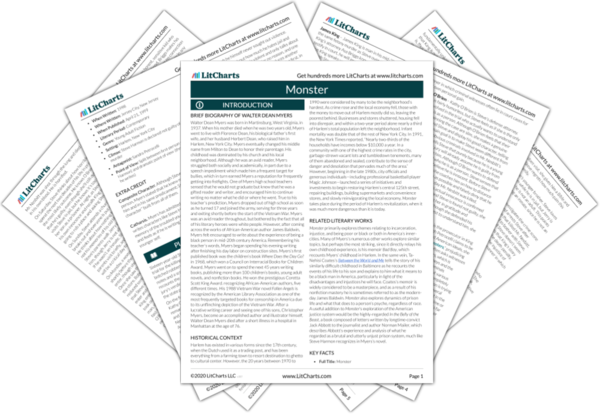Once again, despite the image of himself that Osvaldo tries to project, which serves the prosecution’s case by establishing him as a legitimate and sympathetic witness, Briggs and O’Brien both easily reveal him as a selfish individual with a history of committing violence against strangers, making him far more of a criminal figure than Steve. This again demonstrates the manner in which the courtroom does less to seek out the actual truth than it does to test whose side can lie the most convincingly, which naturally results in an unjust system.


